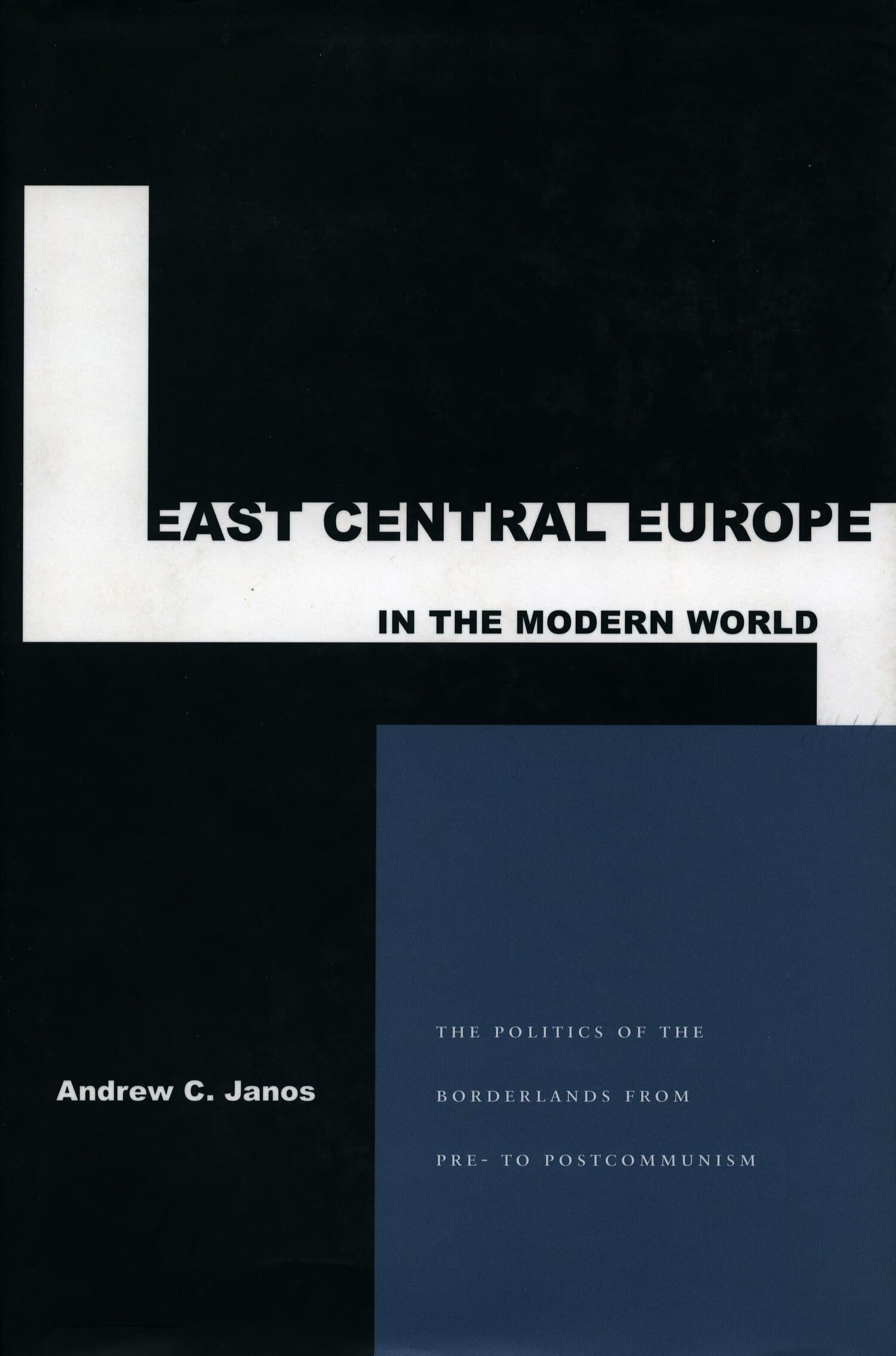Making the Transition

After the breakdown of socialism in Central and Eastern Europe, the role of education systems in preparing students for the "real world" changed. Though young people were freed from coercive state institutions, the shift to capitalism made the transition from school to work much more precarious and increased inequality in early career outcomes. This volume provides the first large-scale analysis of the impact social transformation has had on young people in their transition from school to work in Central and Eastern European countries.
Written by local experts, the book examines the process for those entering the workforce under socialism, during the turbulent transformation years, in the early 2000s, and today. It considers both the risks and opportunities that have emerged, and reveals how they are distributed across social groups. Only by studying these changes can we better understand the long-term impact of socialism and post-socialist transformation on the problems young people in this part of the world are facing today.
"This remarkable book is the first comparative study on this issue for this group of countries. It contributes significantly to our understanding of how a variety of institutions shape life chances, and brings to light both country-specific details and the high level of comparability across countries."—Martin Diewald, University of Bielefeld
"Making the Transition provides the best recent data on the transition from school to work in Central and Eastern Europe. It includes exemplary discussions of changing institutional conditions and is unified and accessible throughout. A rare achievement!"—Karl Ulrich Mayer, Leibniz Association and Yale University




